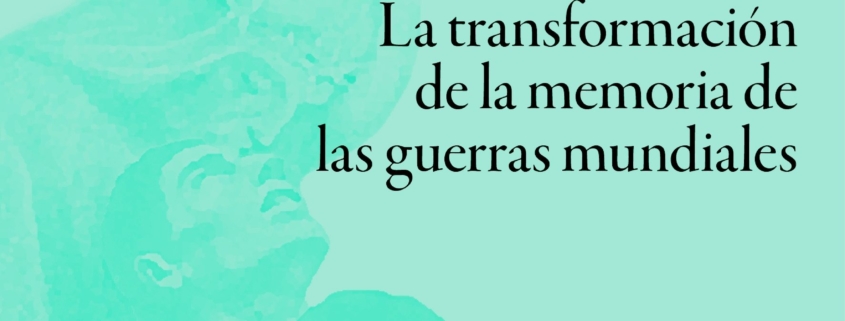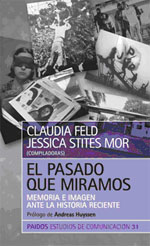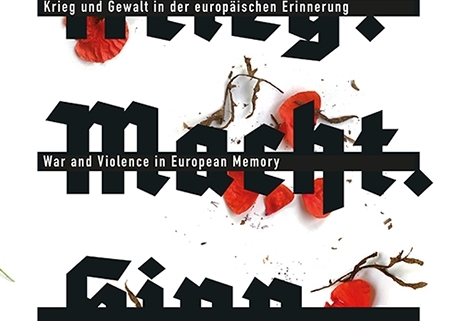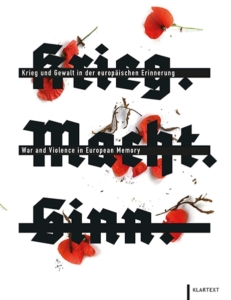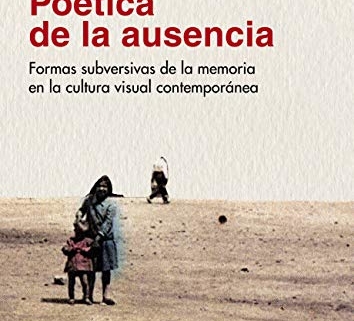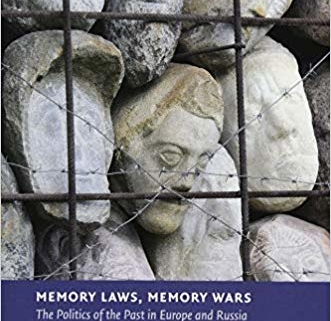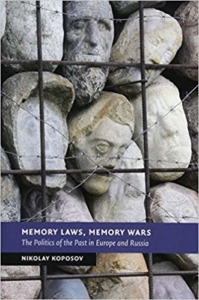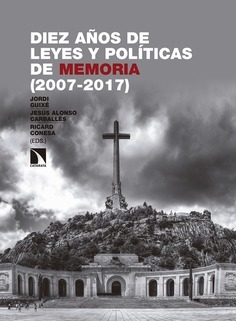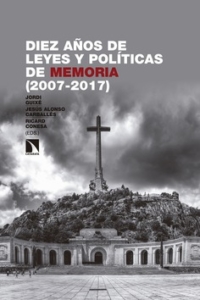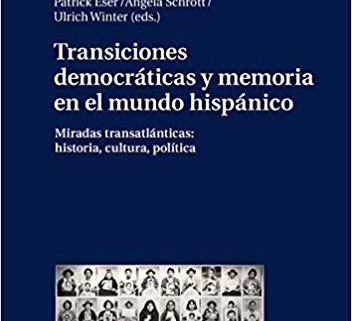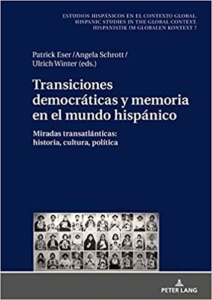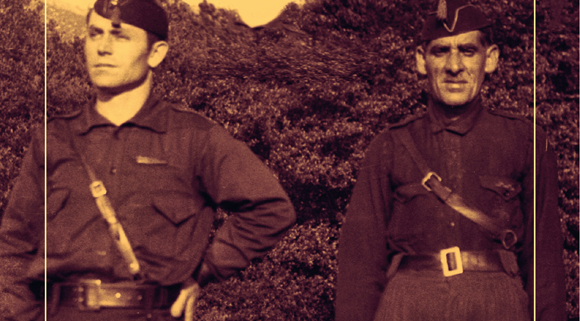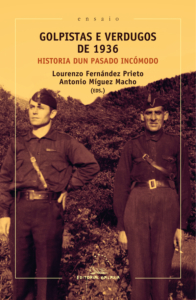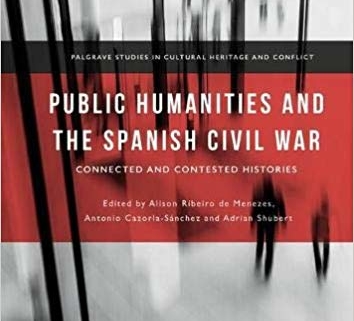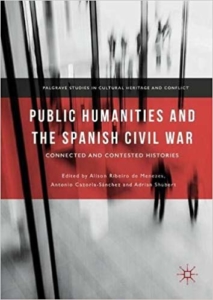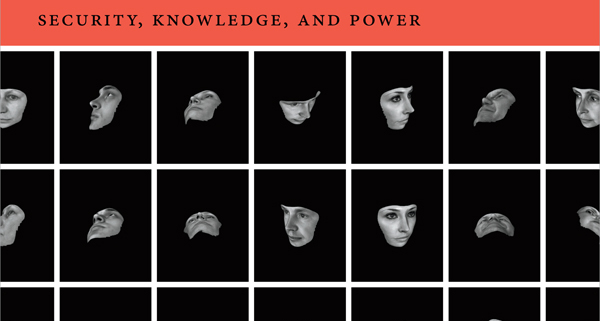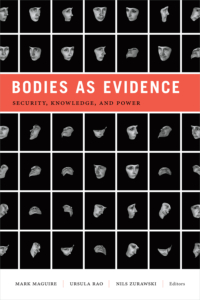Fallen soldiers. The Transformation of the Memory of World Wars
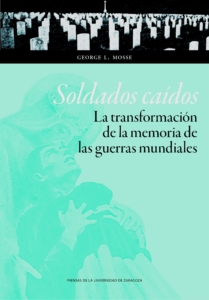
The First World War was not simply an unprecedented human catastrophe, but the tragic event that would give rise to Nazism and its genocidal policies. In this book, George L. Mosse reveals the myth of the experience of war, which from the time of the French Revolution to the Second World War masked the horrors of war with a glorious, romantic and transcendental mantle. The cult of fallen soldiers, war memorials, the banalization of the massacre and the brutalization of life caused by the experience of the Great War allow us to understand, through a fascinating narrative, the drift of Europe towards mass death in the twentieth century.
Author: George L. Mosse

